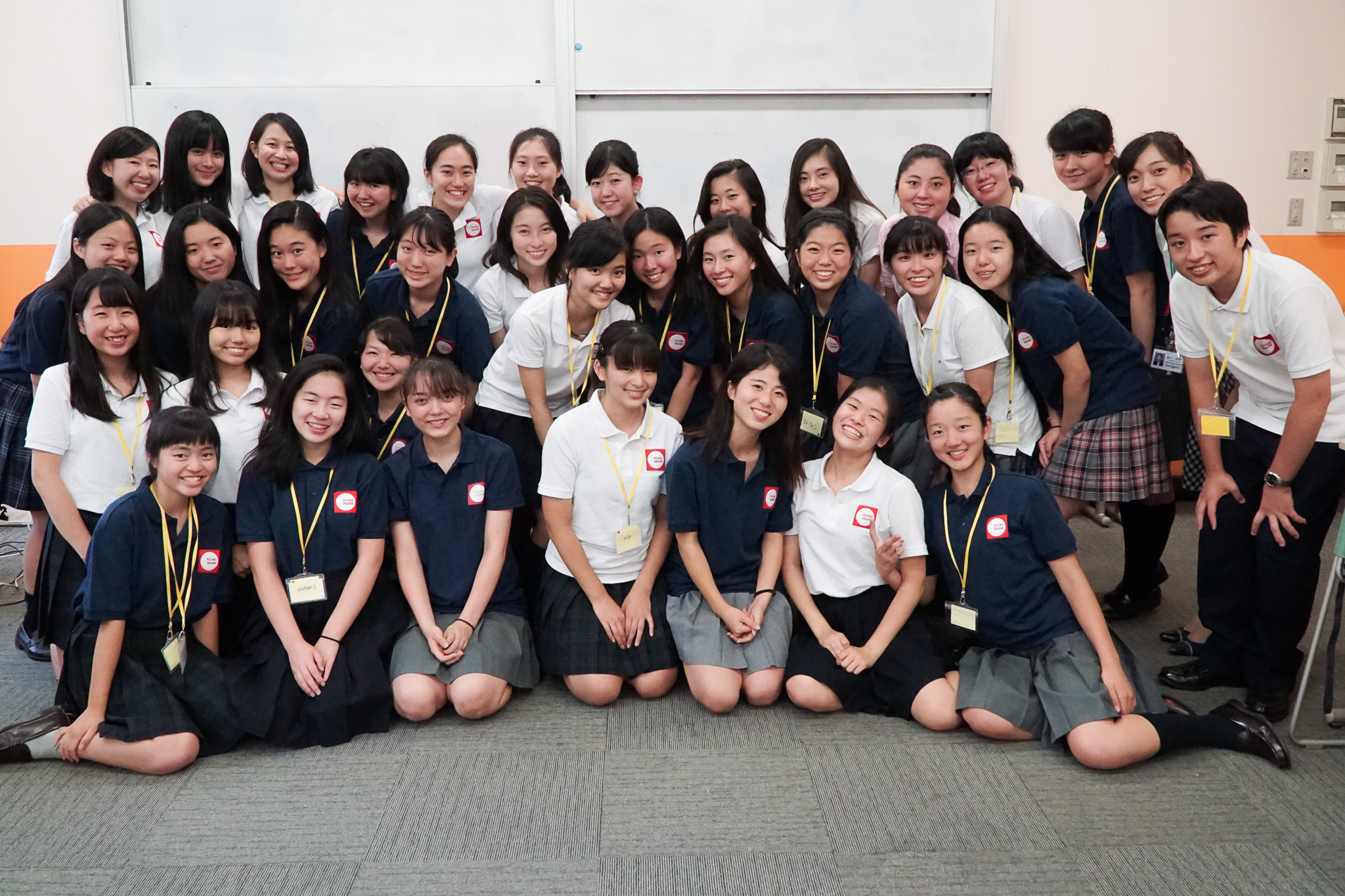In order to acquire motivation and to broaden students’ way of thinking in the global world, the “Tamagawa Conference” was held. The students created executive committees planed and managed the conference.
During 3 days from July 11th to 13th, approximately 45 students thought about and considered this year’s theme “The Environment” with various lectures and workshops. They gained a variety of perspectives and a deeper understanding of the issue.
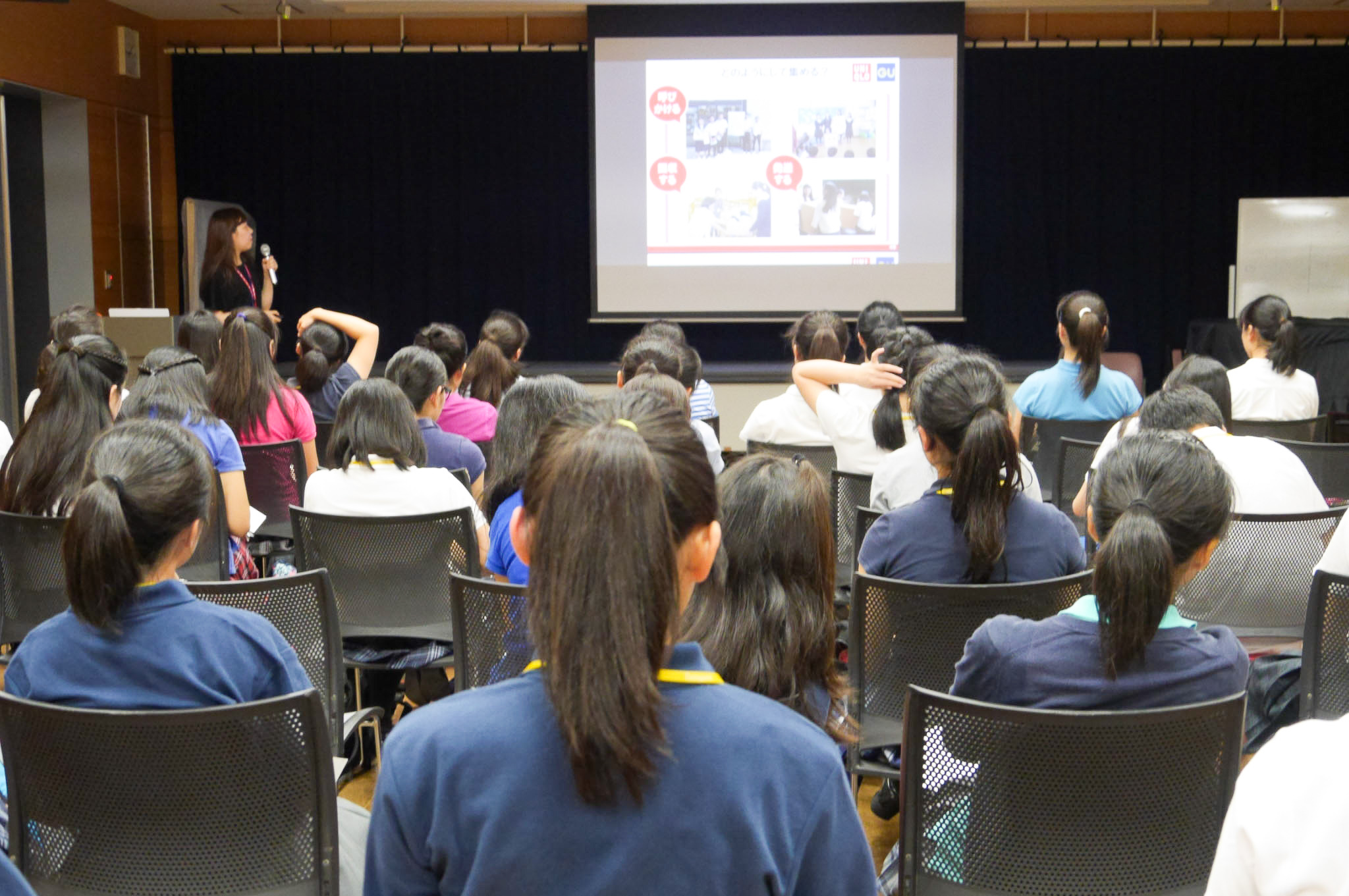
On the first day, a lecture was given by Mr. Masao Sasaki, the UNIQLO Tsurukawa store manager. The students listened to a story about UNIQLO ‘s Sustainability Project “Let’s Deliver the Power of Clothes”, and then they joined a workshop.
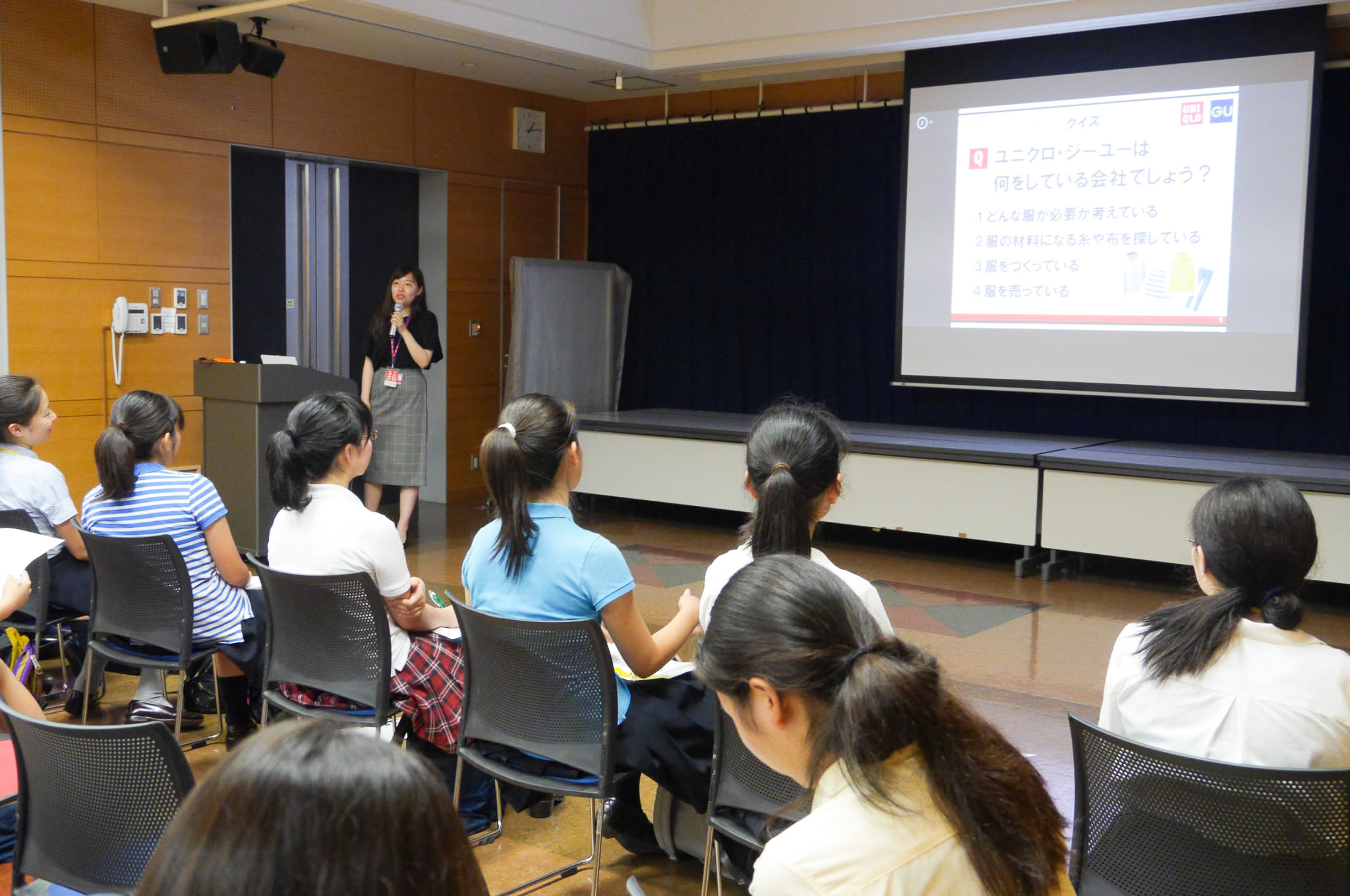
Mr. Sasaki said, “Clothes fulfill an important role in protecting our bodies, but refugees often only have one set of clothes.” The students were surprised to learn about the plight of refugees. An atmosphere of “wanting to take some action” spread through the venue.
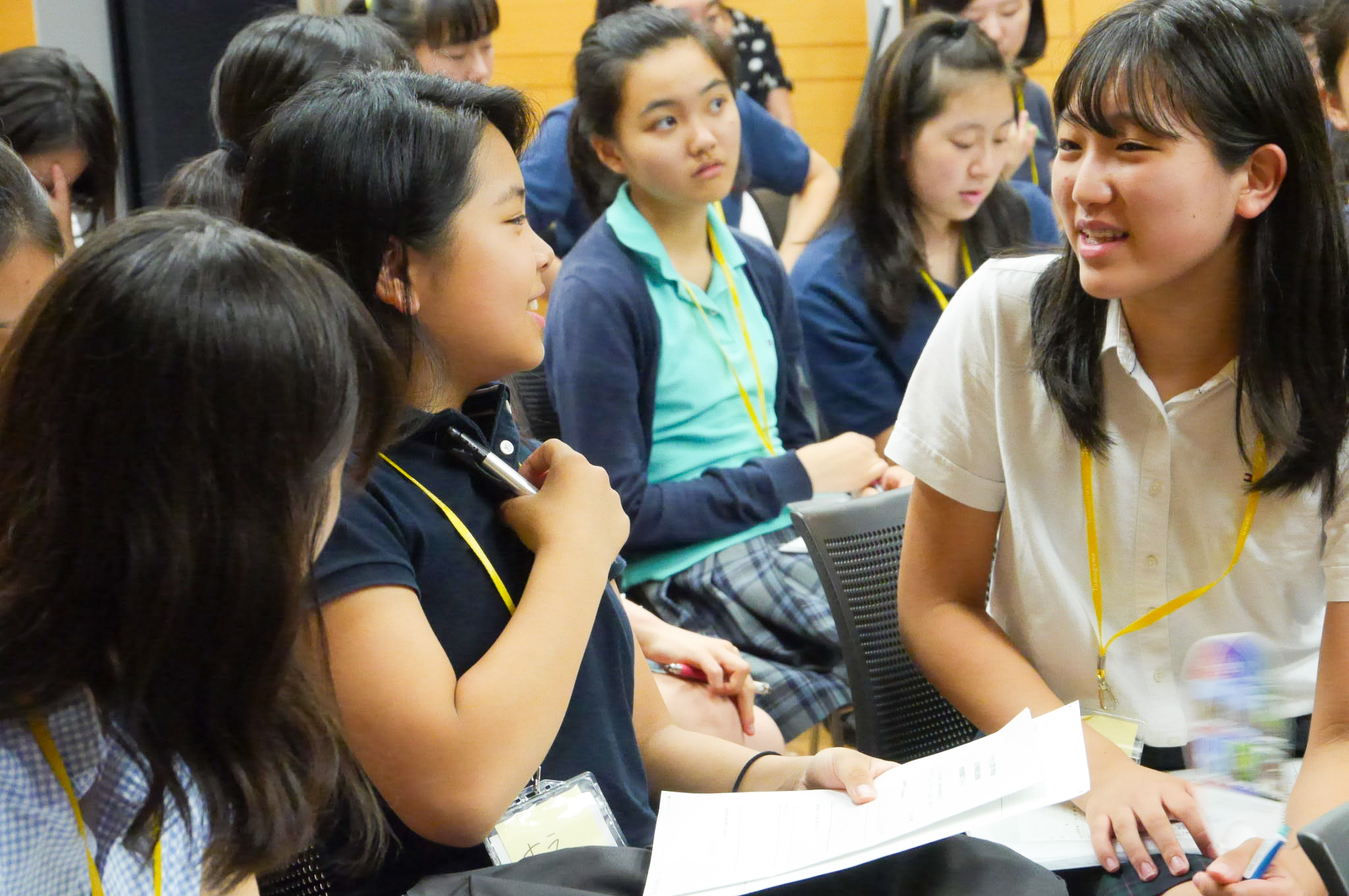
In the next workshop, the students thought about ways of conveying the power of clothes and spreading understanding of refugee issues to children at nursery schools and kindergartens in order to gather children’s clothing. In addition, they decorated cardboard boxes to collect children’s clothing.
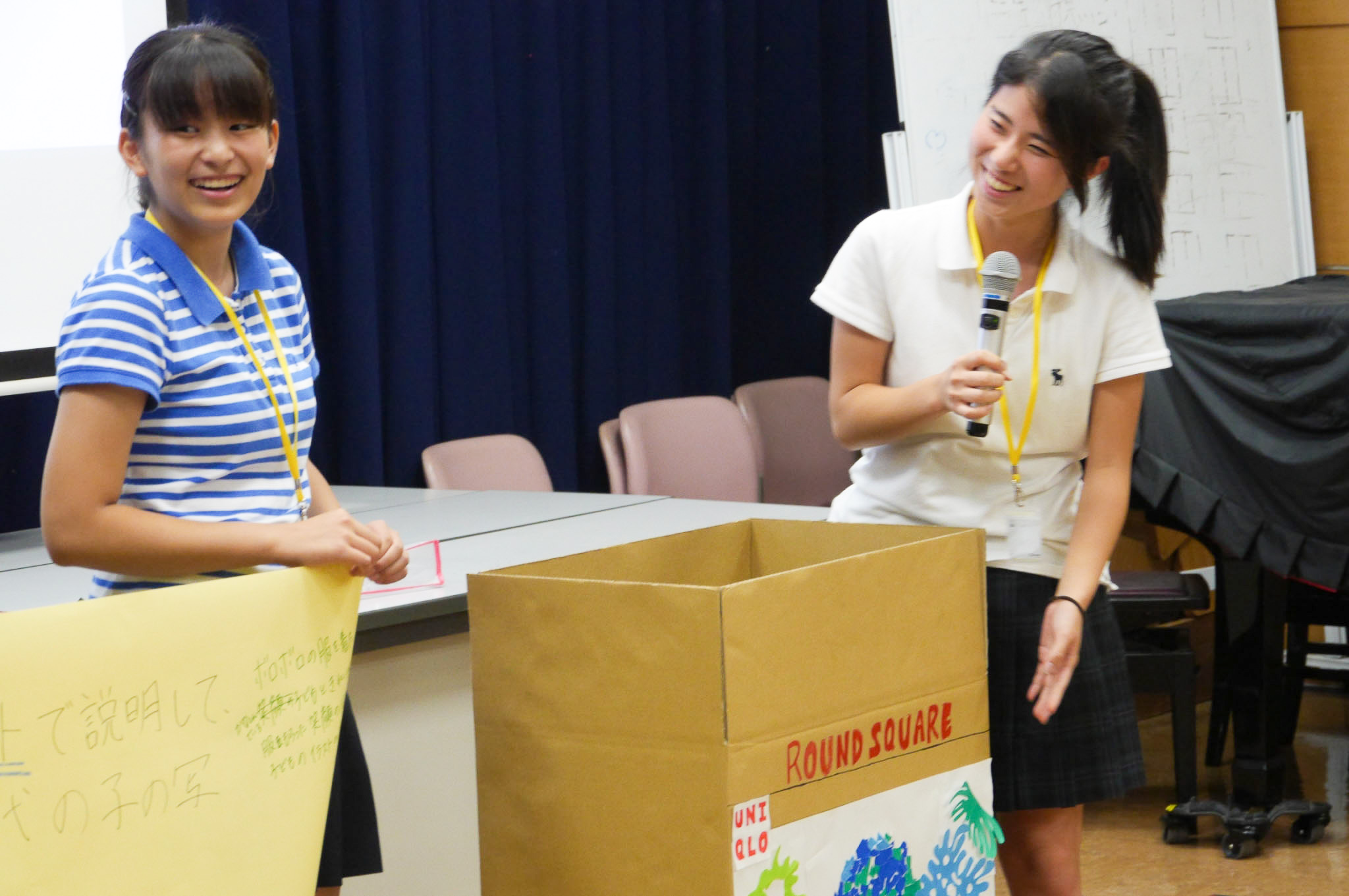
When the boxes were completed, the students made presentations filled with ideas that would inspire children to want to donate clothes. Introducing games to help them think about the feelings of refugees and stories to inspire them to donate clothes, they did their best to entertain children by using gestures and activities.
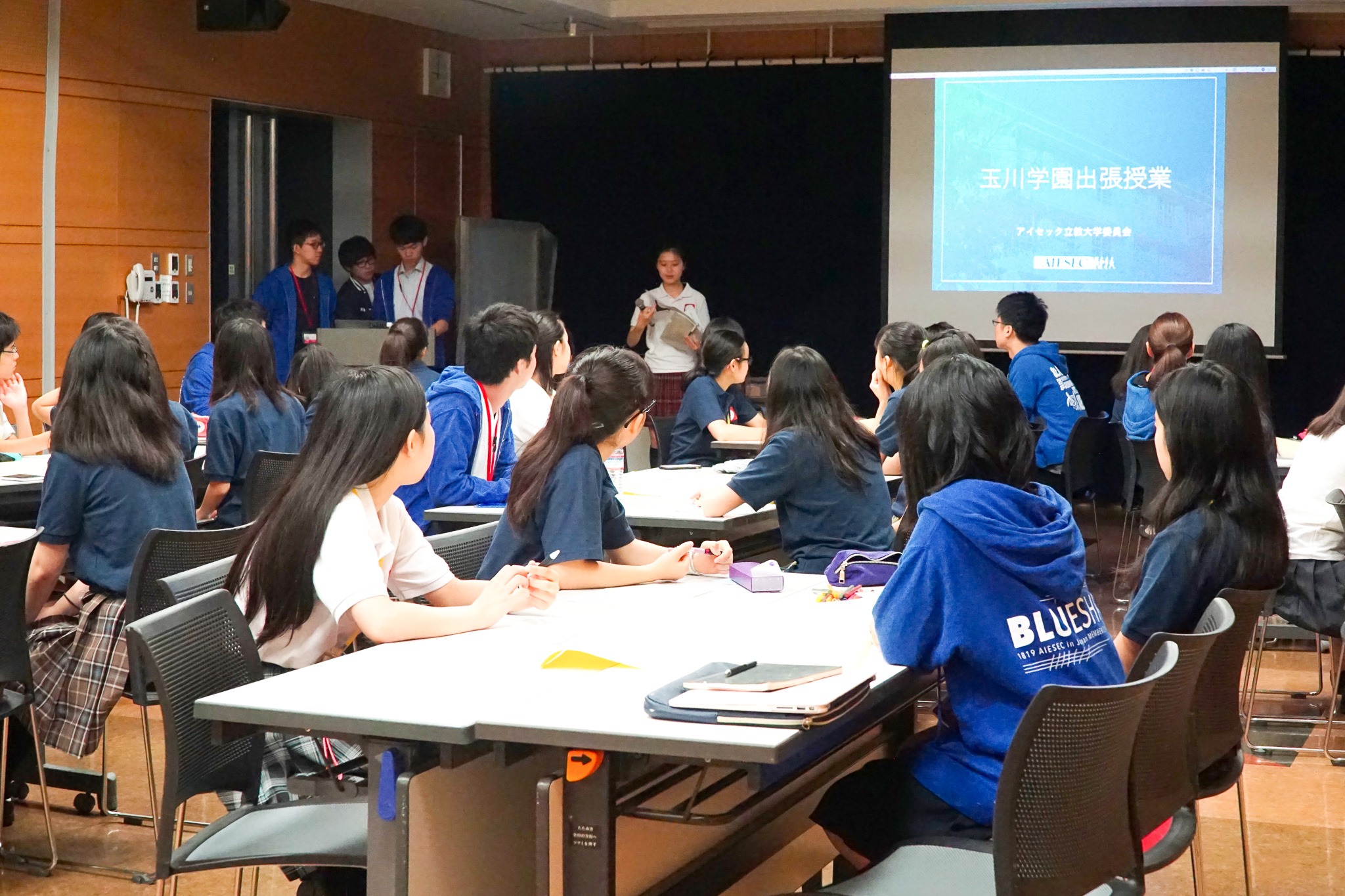
On the second day, first of all, a lesson from the NPO AIESEC JAPAN started. After the students broke up into groups of four or five people, facilitators from AIESEC joined each group. Then lectures, workshops and discussions were held.
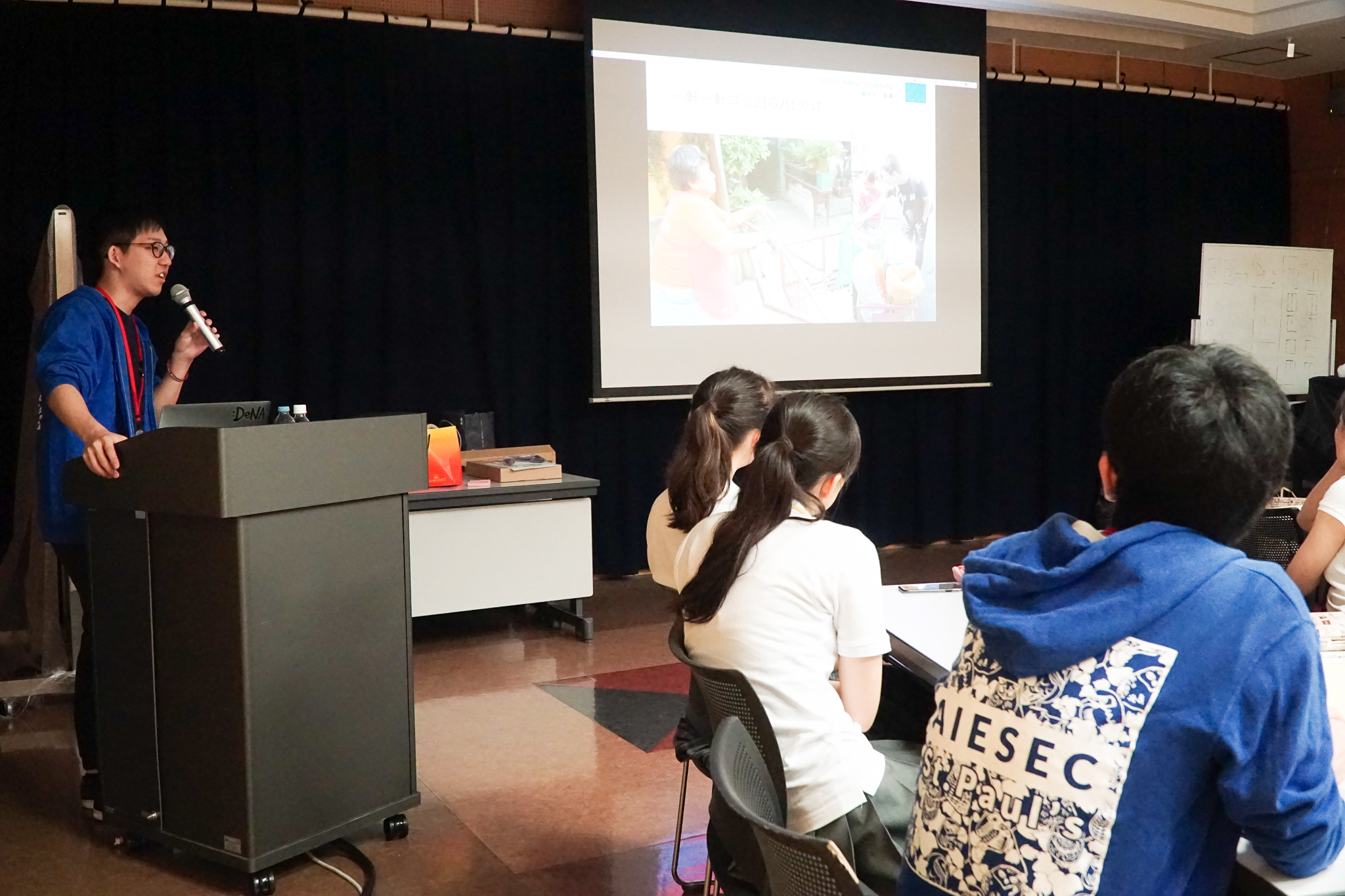
The lecturer was Mr. Kaito Yokozawa, a sophomore student at the Waseda University School of Culture, Media and Society. While introducing photos taken at a particular site, he told students about the “garbage problem”. He witnessed the problem in the Philippines when he had an internship there for 6 weeks.
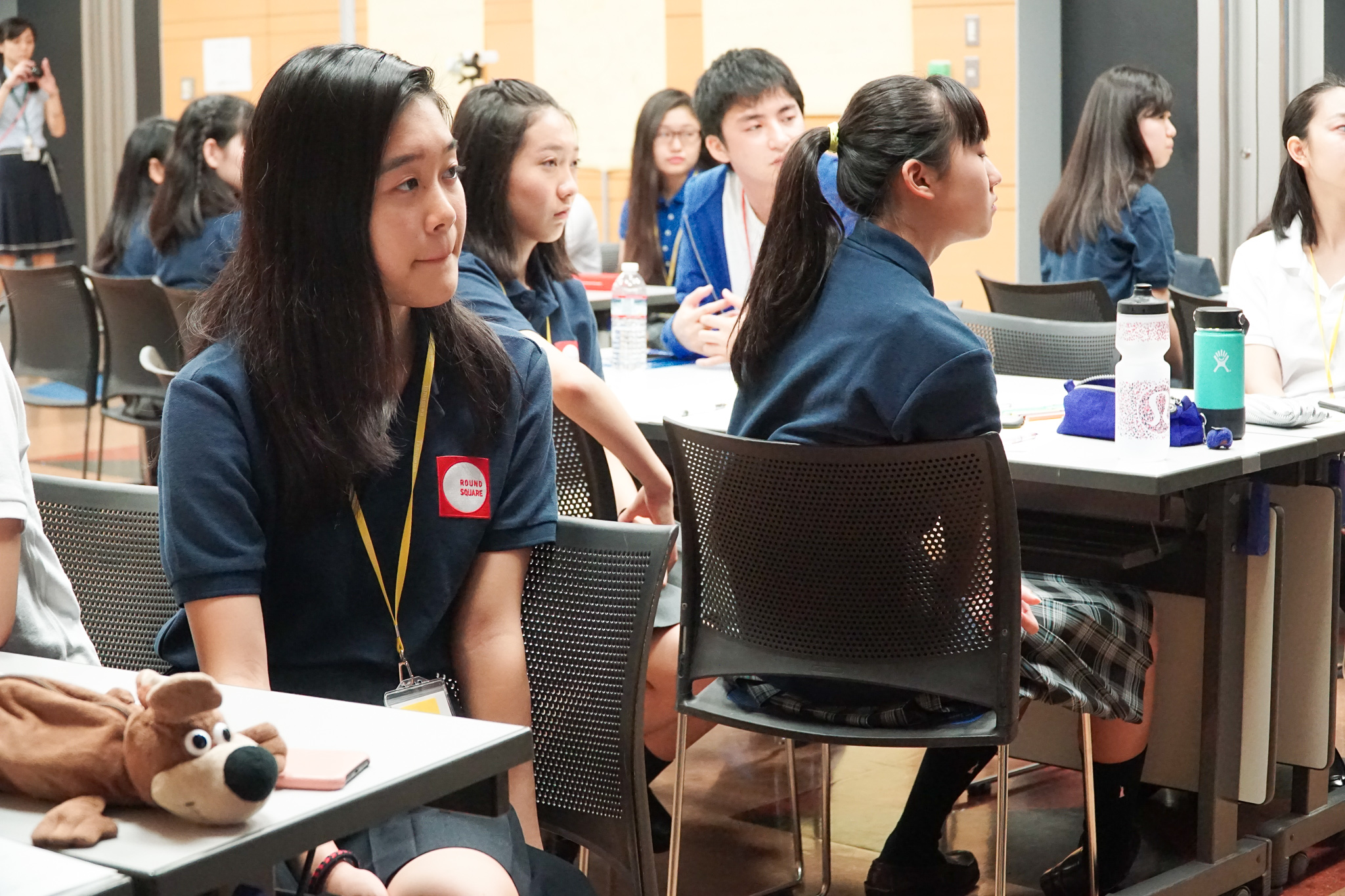
“In the Philippines, garbage gathers steadily as incineration of garbage is banned by law, but the country’s main priority is to develop information technology rather than to solve garbage problems. Therefore, we can see children who don’t have proper clothes beg for begging with an iPhone. ”
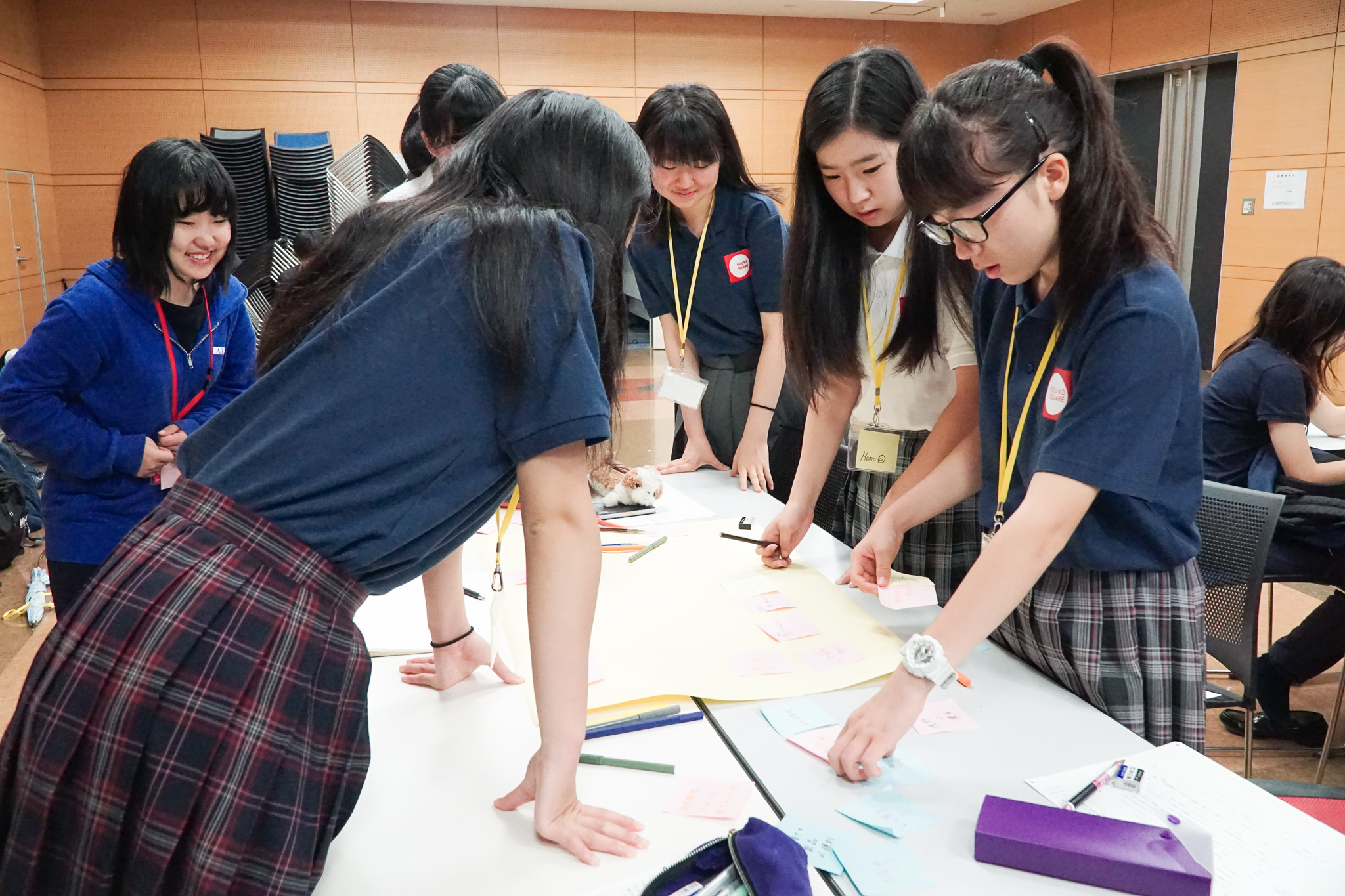
At the workshop after the lecture, the students heard a simple presentation on the Japanese garbage problem and studied the issue with college students, “How can garbage be reduced?” “What is the fundamental solution?”
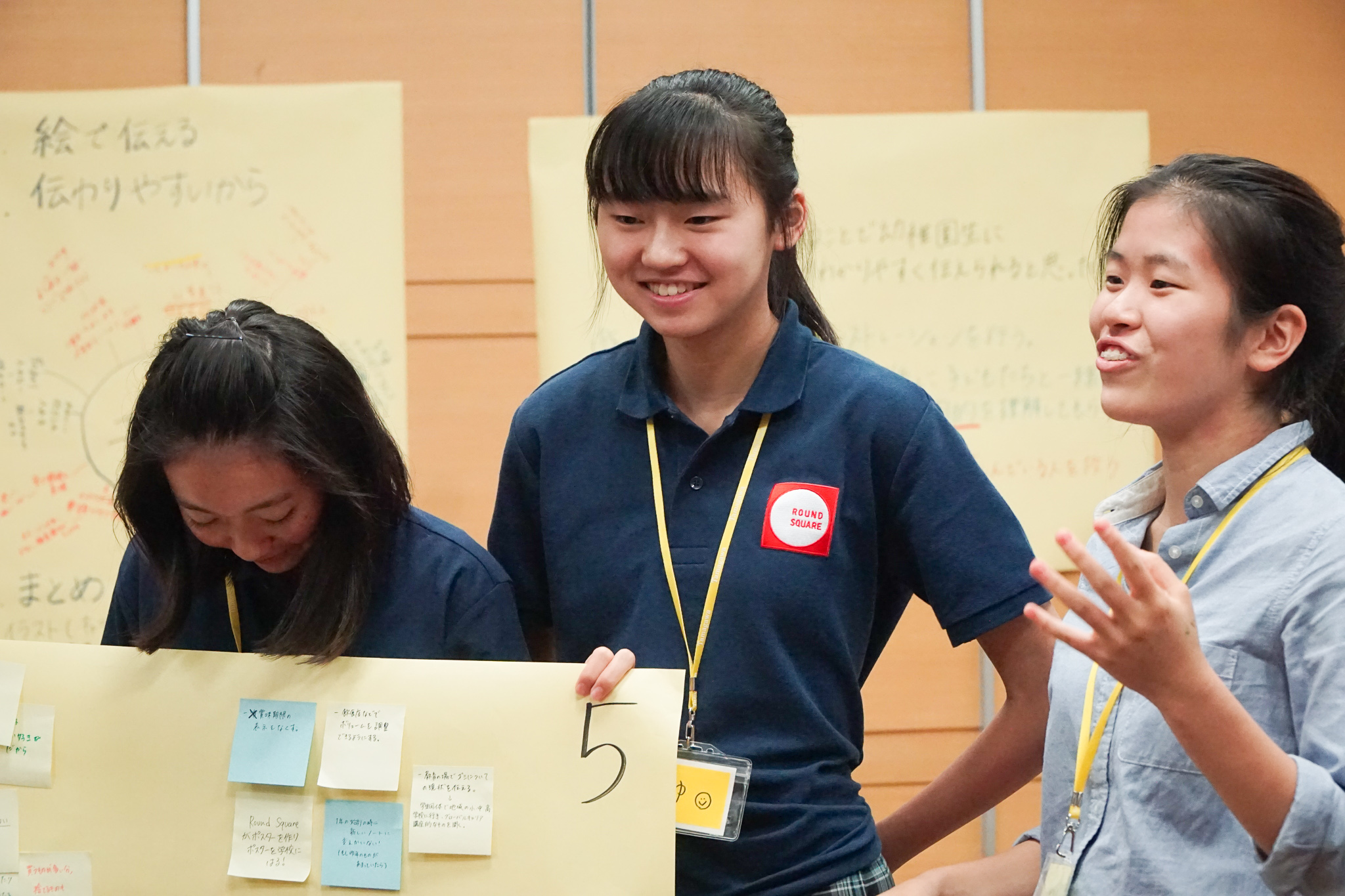
“I think it is necessary that companies collect data on customer’s receipts to know what things were sold and don’t produce useless things.”
“The cause of the increase in garbage is that many Japanese people wear clothes only for one season and after think of most of them as “garbage”.
Finally, the students gave presentations on what they talked about in each group. Tamagawa students flexibly exchanged ideas, which impressed the university students.
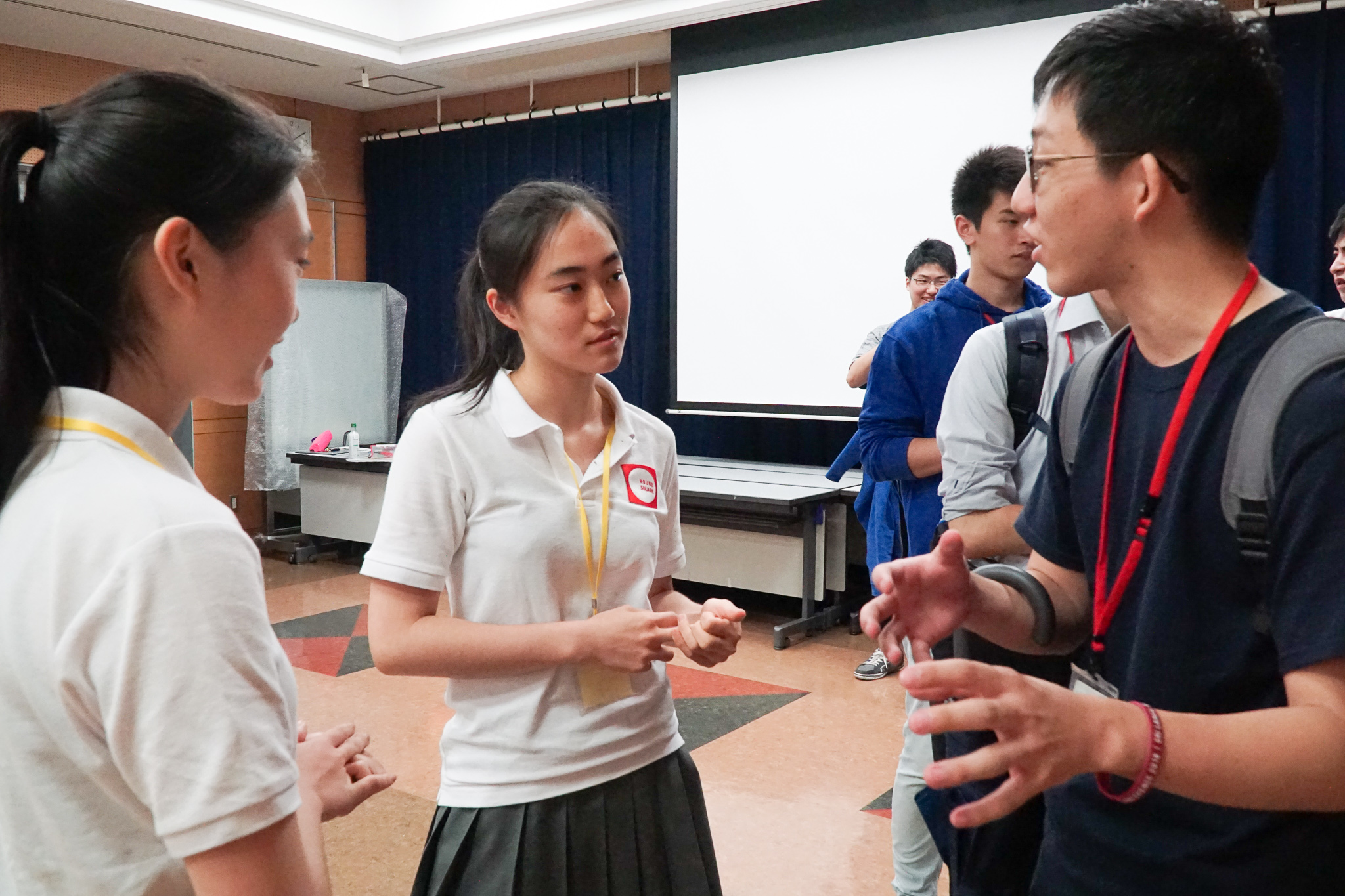
“I could become familiar with the content by listening to stories from people close to us in age,” “I thought that I would like to take action too when I become a college student.”
Even after the workshop, the students asked questions to Mr. Yokozawa interacted with the other presenters and each other. They were increasingly passionate about the topic.
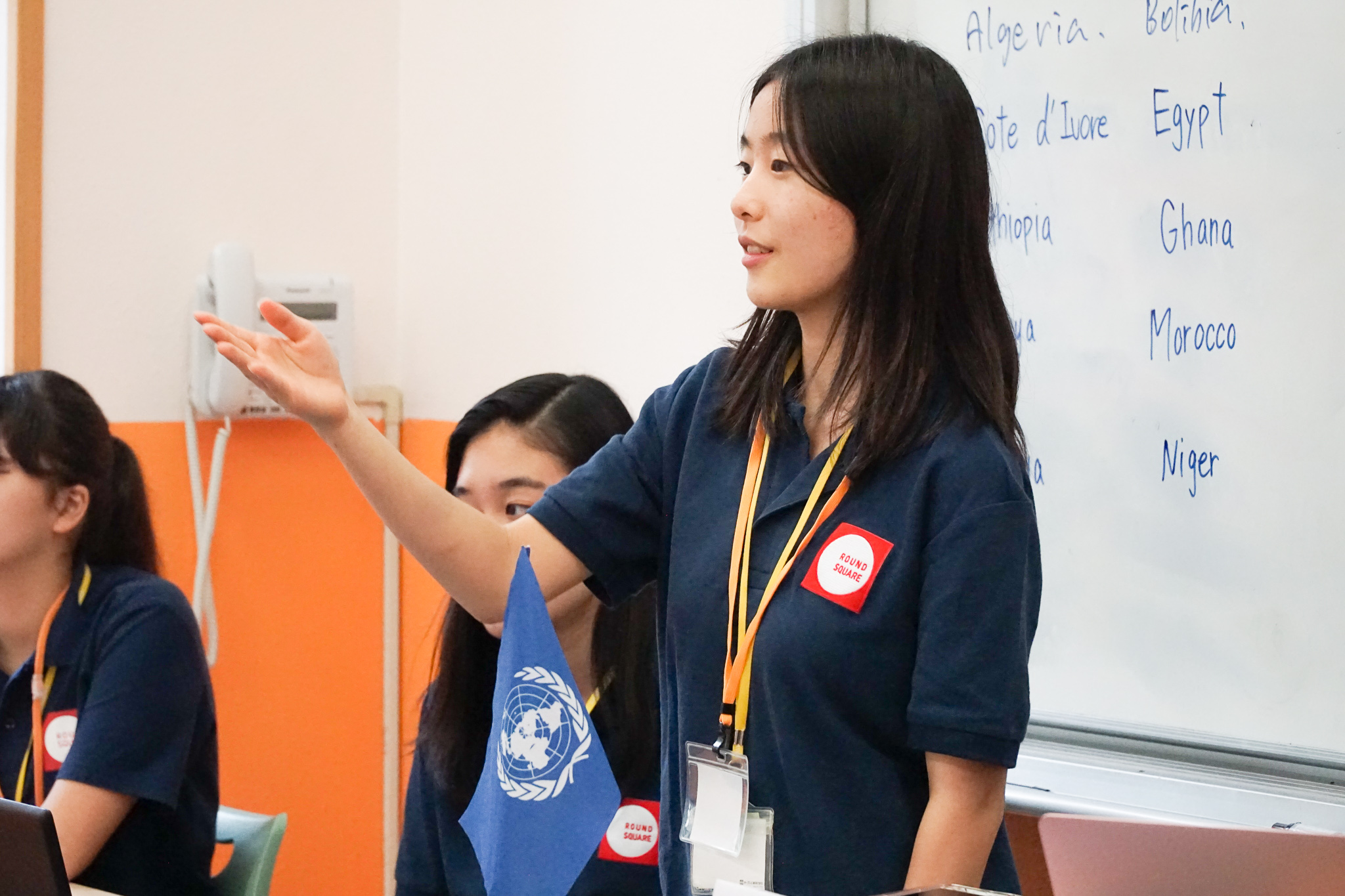
On the second afternoon, a Model United Nations conference was held with the theme of “Water Problems in Africa”. The students chose a country they were in charge of from 14 African countries suffering from water problems. As a representative of the country, they had debates on how all countries could improve.
The meeting was started with the instructions of the Chairperson “Please think about all of Africa and how access to clean water can spread.”
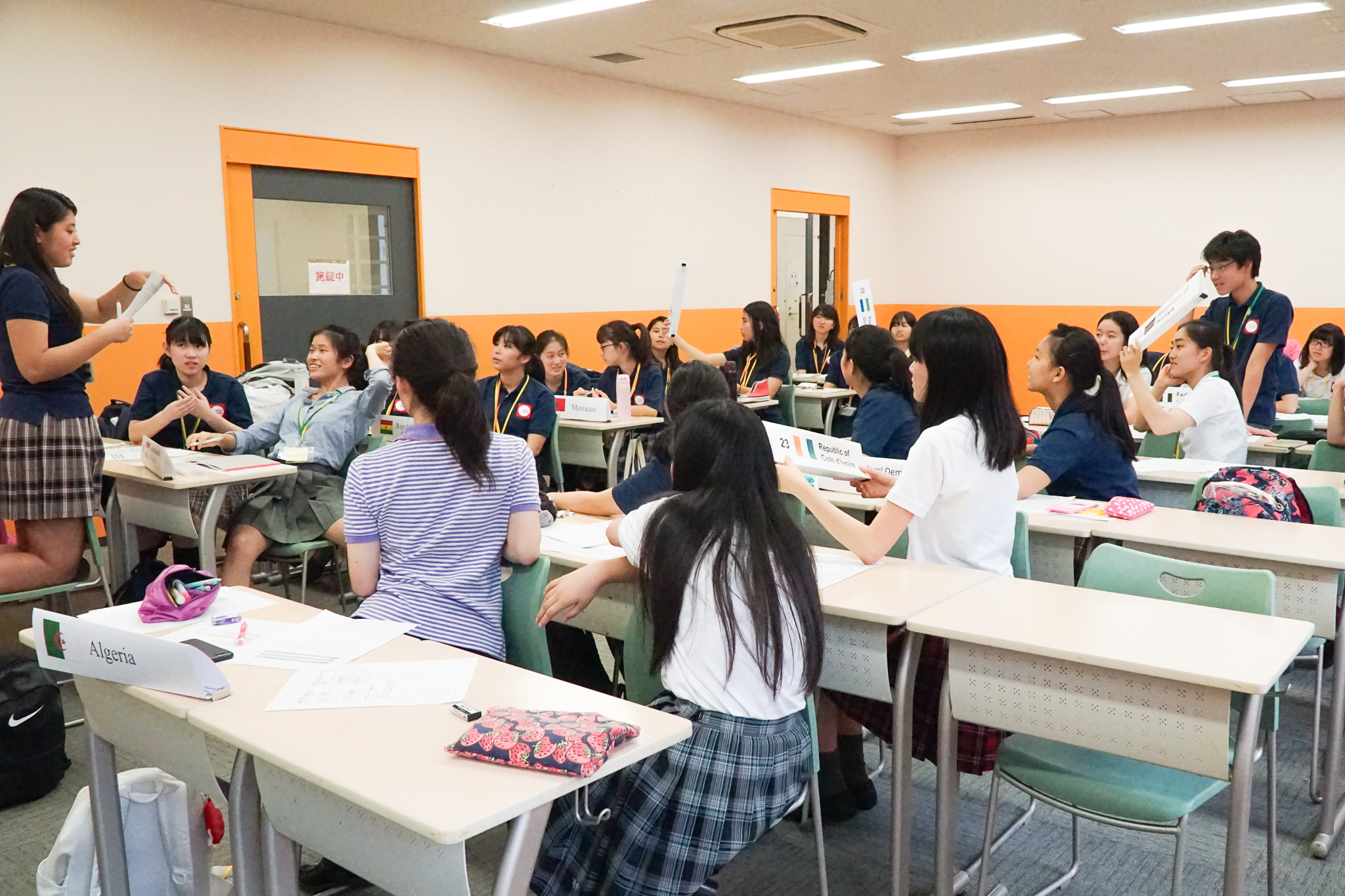
“I think that we can maintain independence by improving water quality in each country.” “We propose building organizations that can receive and distribute financial assistance from developed countries rather than exchange money between countries.”
Countries with similar assertions gathered together and several circles of discussion were created.
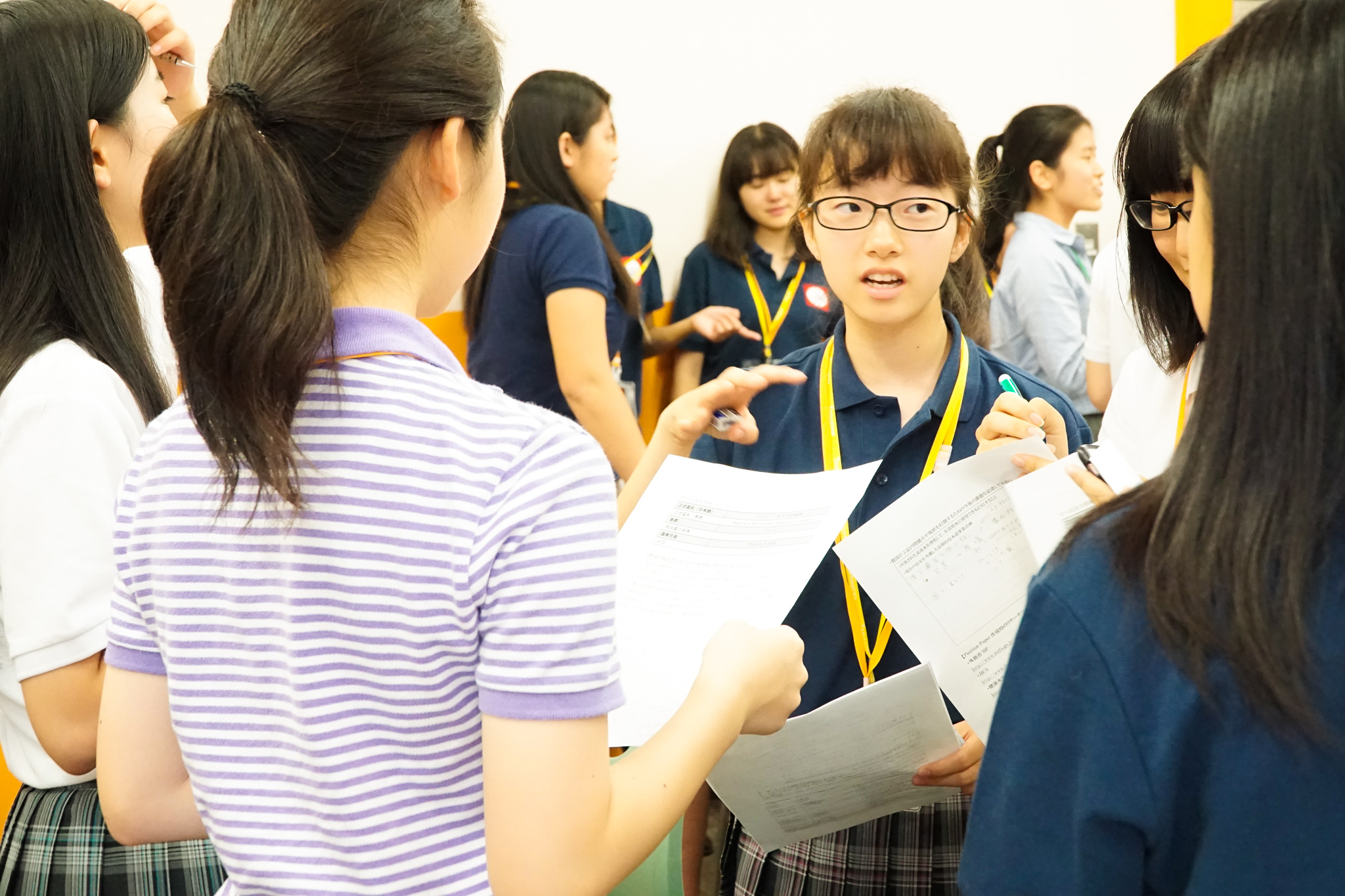
As the debate intensified, the students grew closer to the core issues. Finally, the students summarized the opinions of the countries and submitted a draft resolution. However, adequate support was not obtained, and the resolution was not accepted.
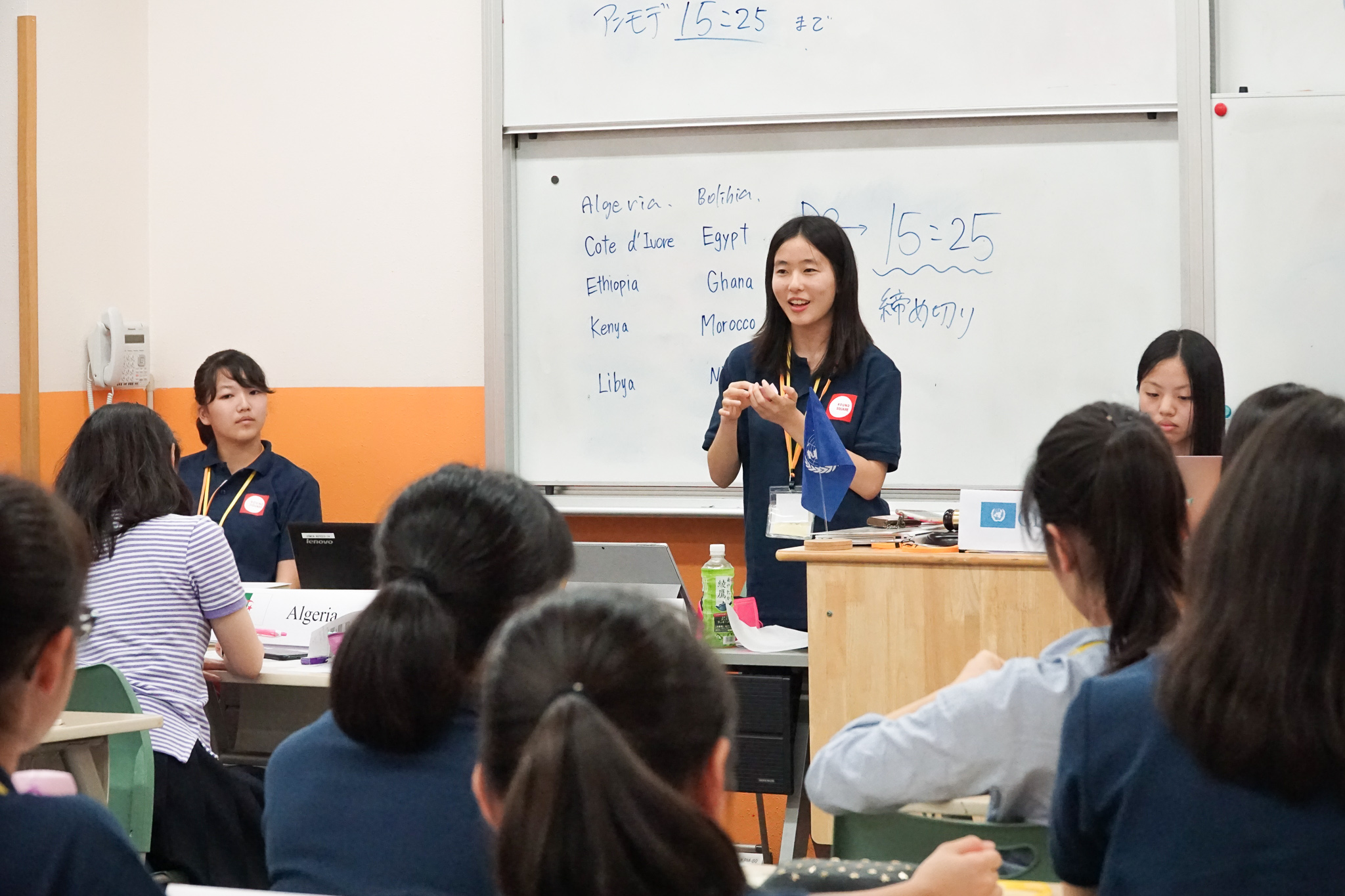
In conclusion, the student who was the director of the Model United Nation gave advice on the points of reflection and points to notice, and the Model United Nation finished.
As the students were in the position of the representative of a “country” and had a chance to think about environmental problems from a wider perspective as a “world player”, they got a variety of different levels of awareness on the issue.
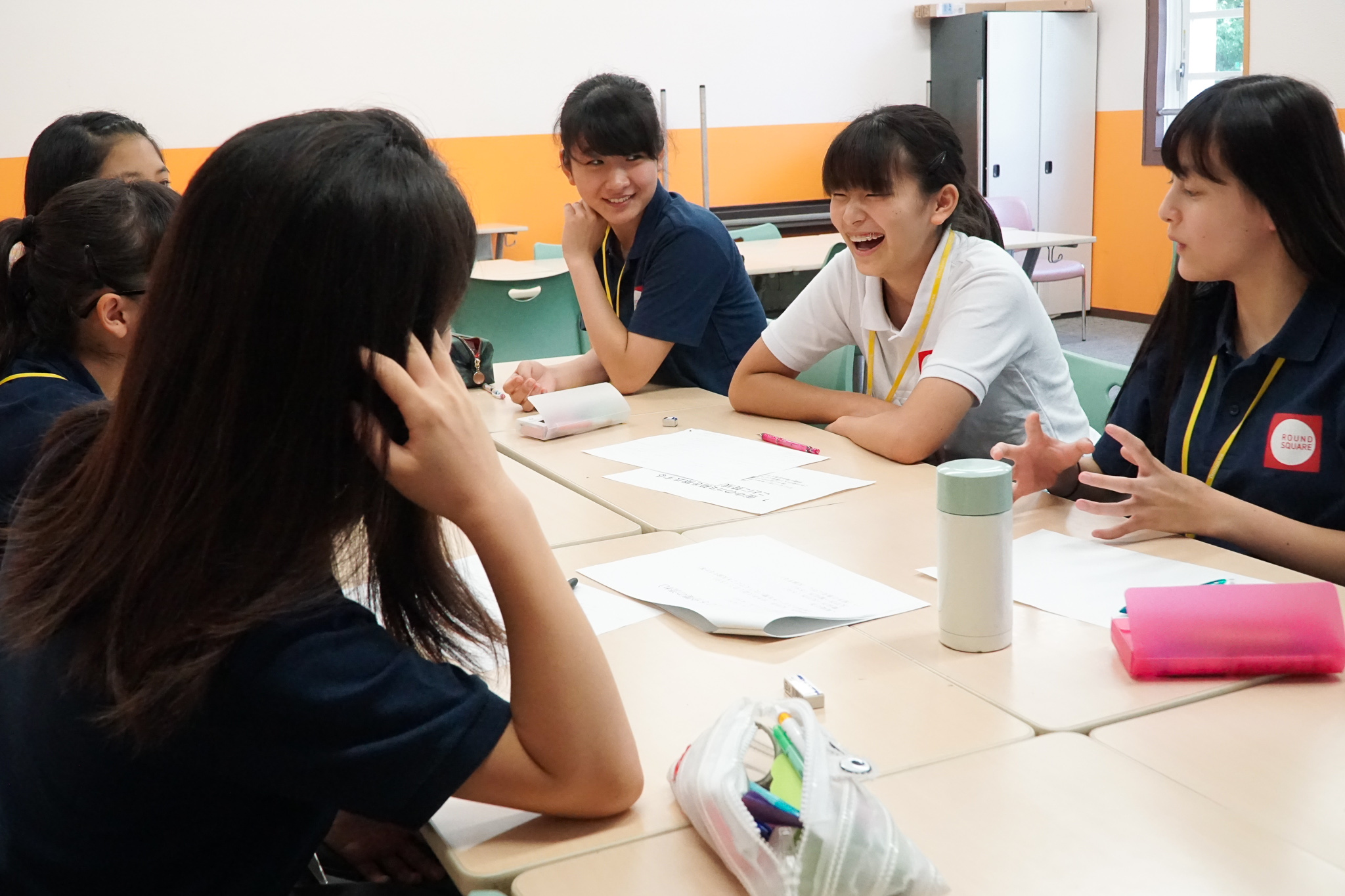
On the third day, the “Tamagawa Adventure Program (TAP)”, debate and workshop were held. First of all, after interacting with other members, the students were divided into groups of “for” and “against” and debated environmental problems.
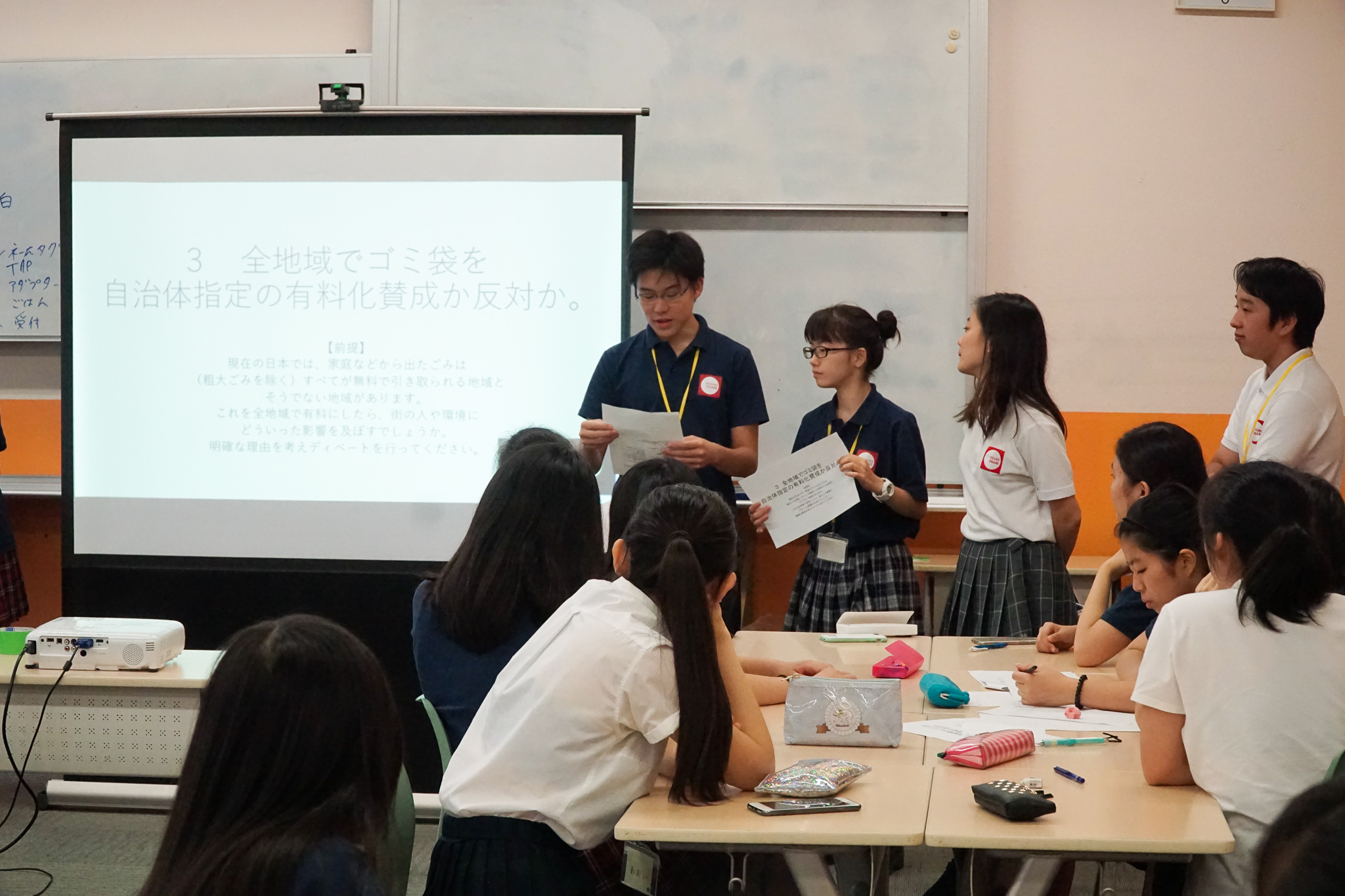
The theme of the debate was “Do you agree or disagree with paying for plastic shopping bags at all stores?” “Do you agree or disagree with removing garbage cans in cities?” By repeating assertions and counter-arguments from the standpoints of “for” and “against”, the students expanded their views on environmental problems in their immediate surroundings.
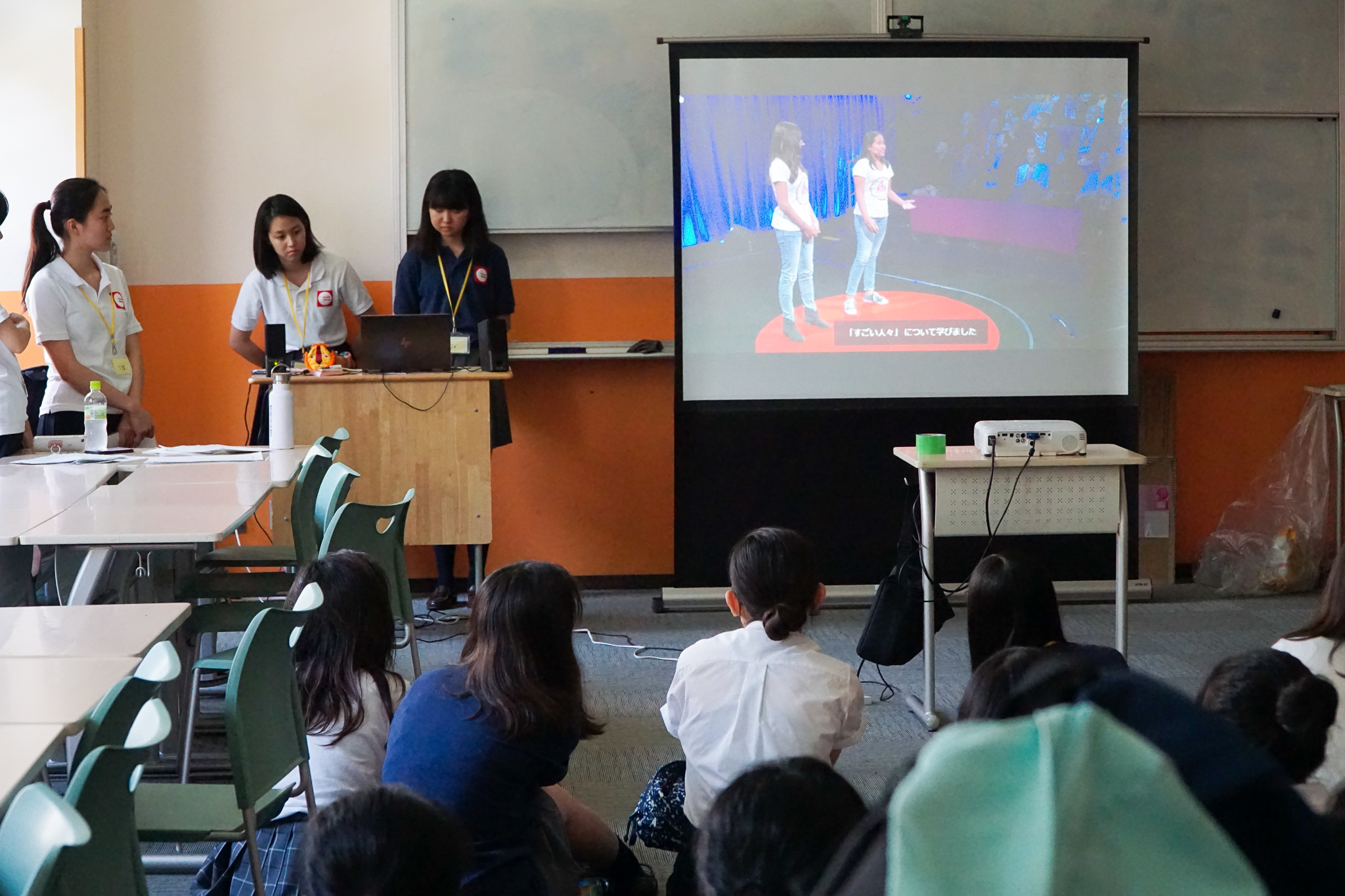
In the afternoon there was a workshop with a lunch break, it began with students watching a movie where young girls appealed for action on environmental problems. The students learned practical examples of how to “be able to change the world even with small efforts by young people” and after thinking about “what they can do”, they gave presentations on how they can achieve certain goals.
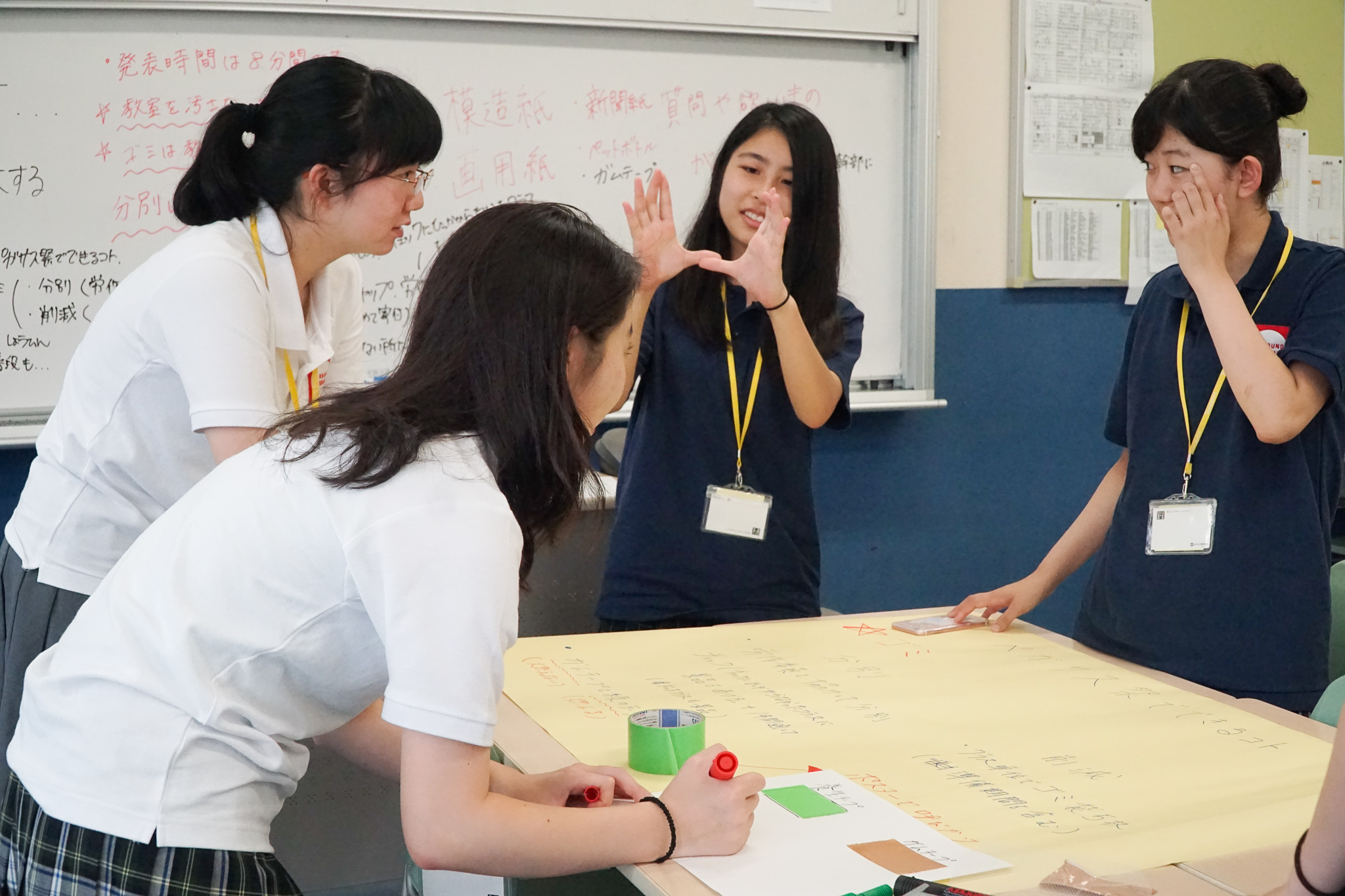
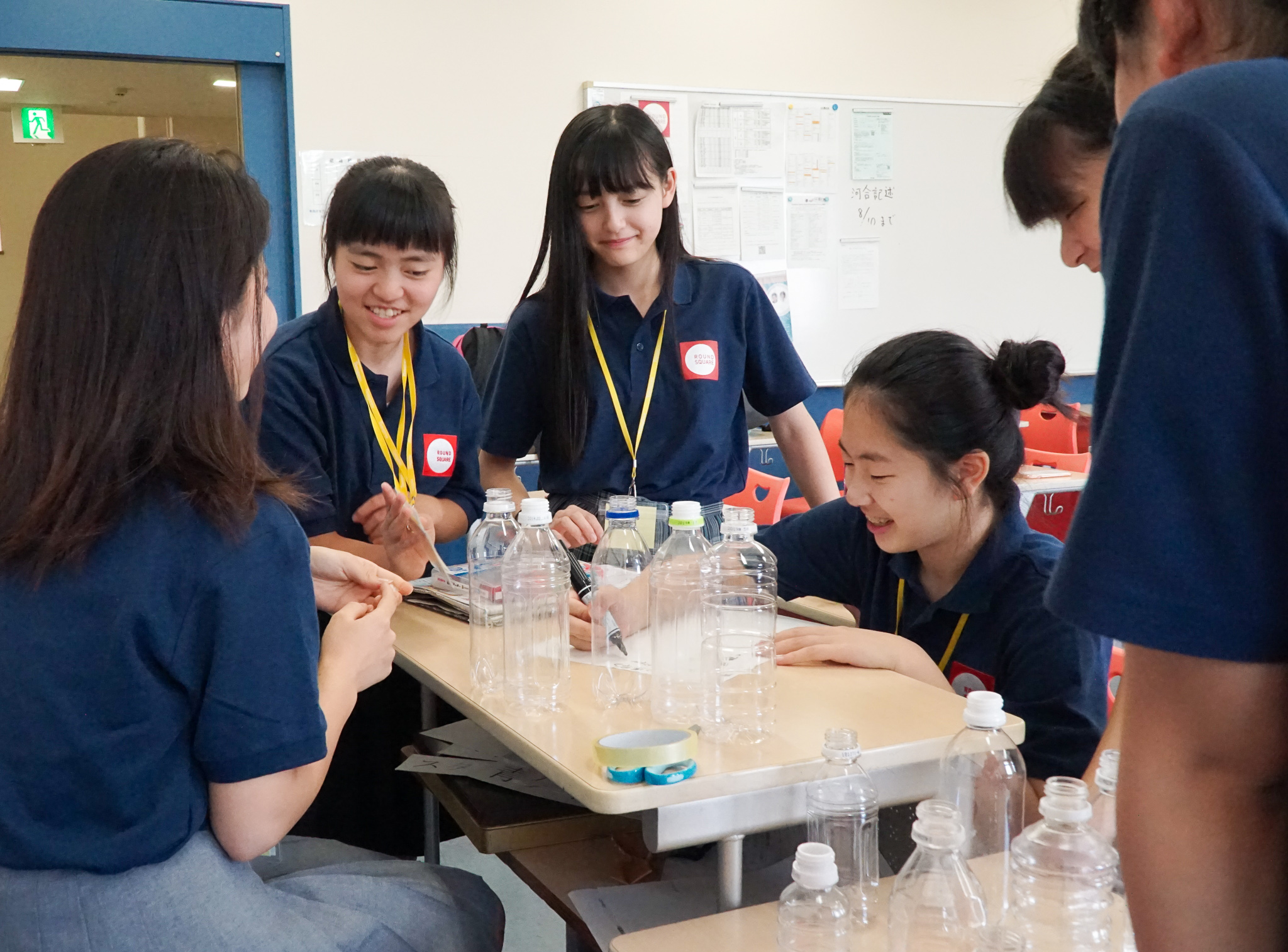
Each member of the group made a creative work and offered unique solutions one after another. There were things like considering concrete methods for garbage reduction at the school festival and making a water filtration device using PET bottles and newspaper.
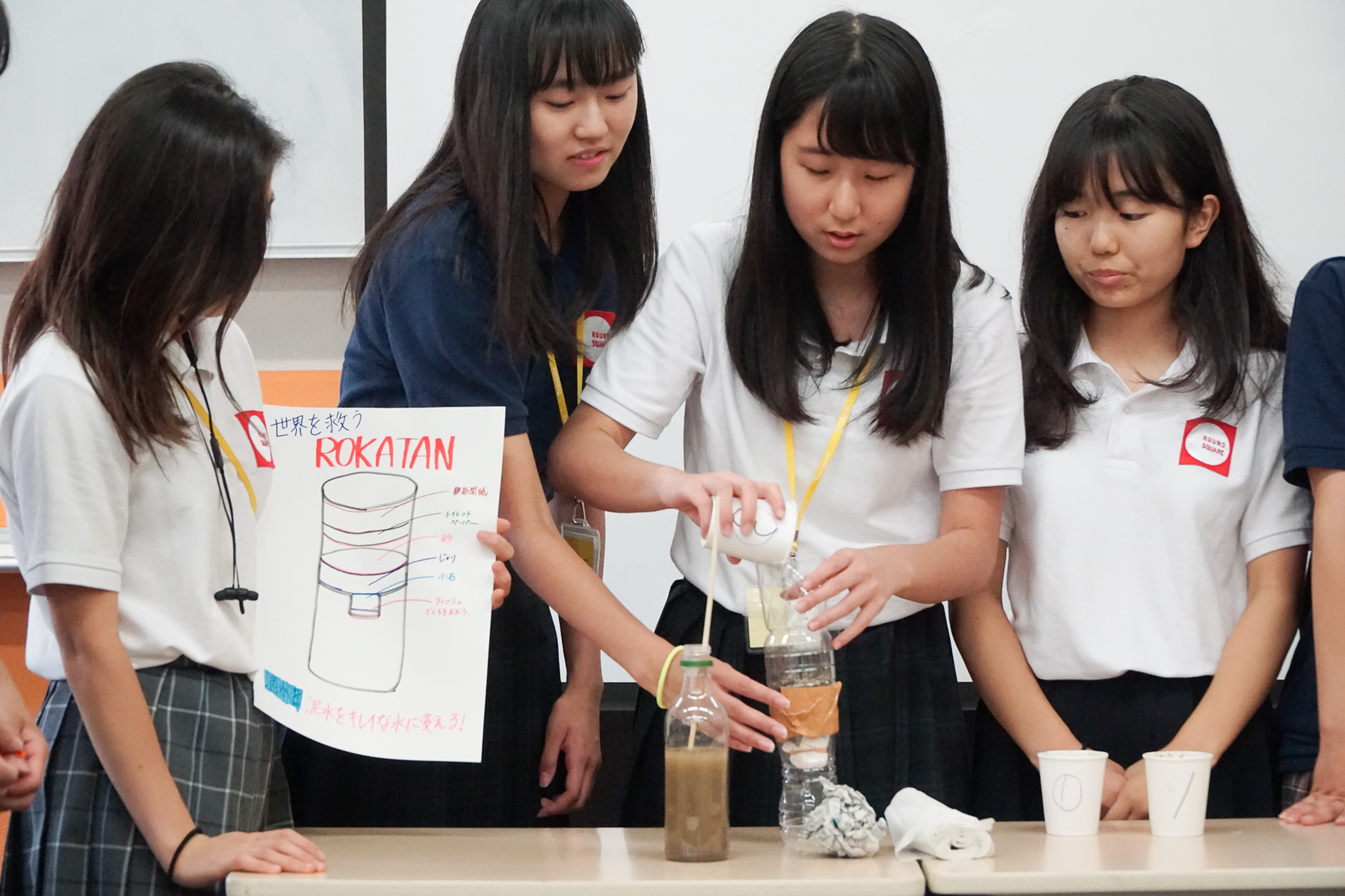
Making elaborate presentations using skits, pictures and demonstrations, the students concluded the conference after considering what they had learned over the three days.
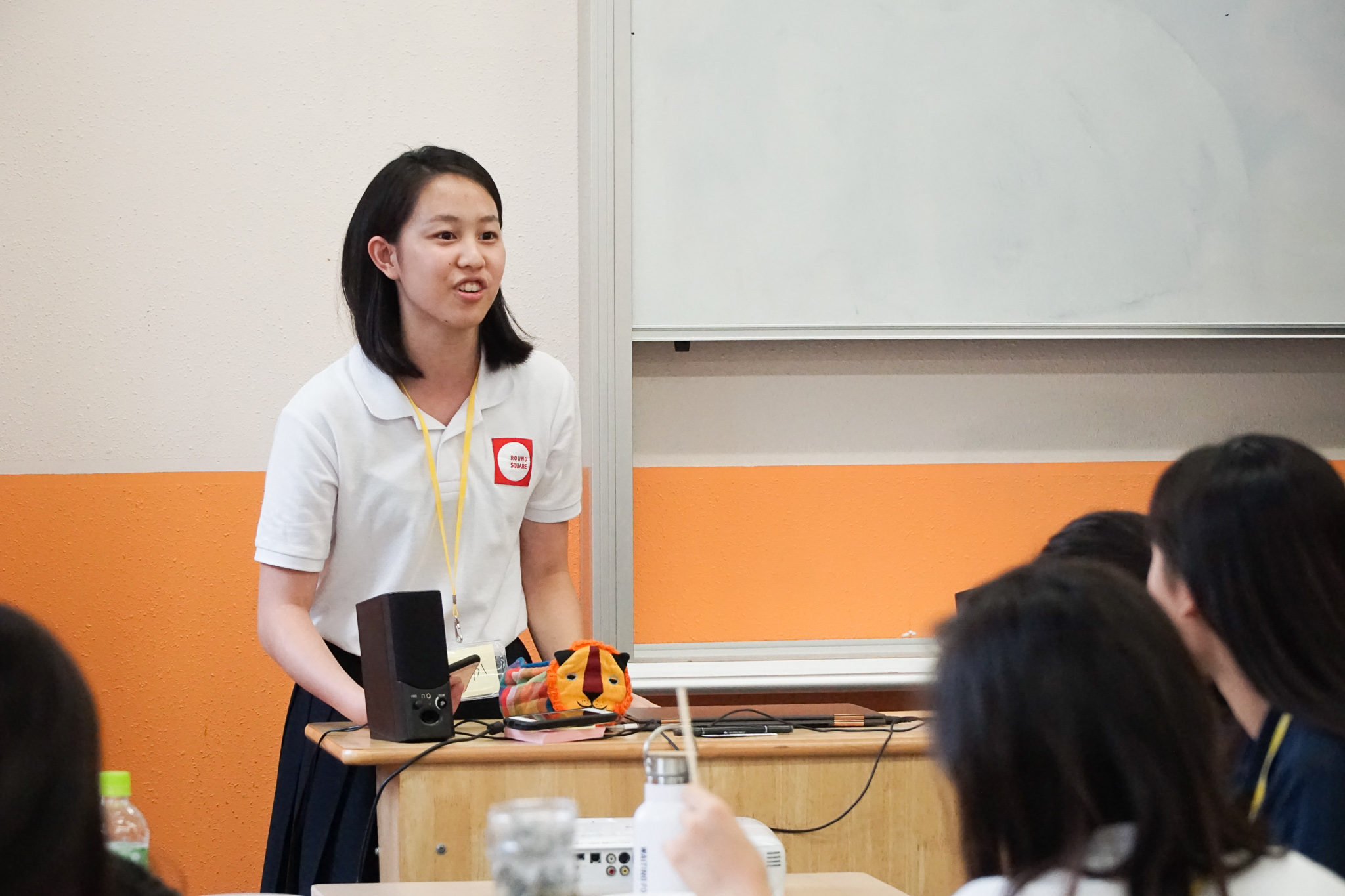
At the closing ceremony, one member of the executive committee who organized this conference said “Please do not forget what you thought about here and use it to approach environmental issues in the future.” All the participants confirmed their own first resolution.
